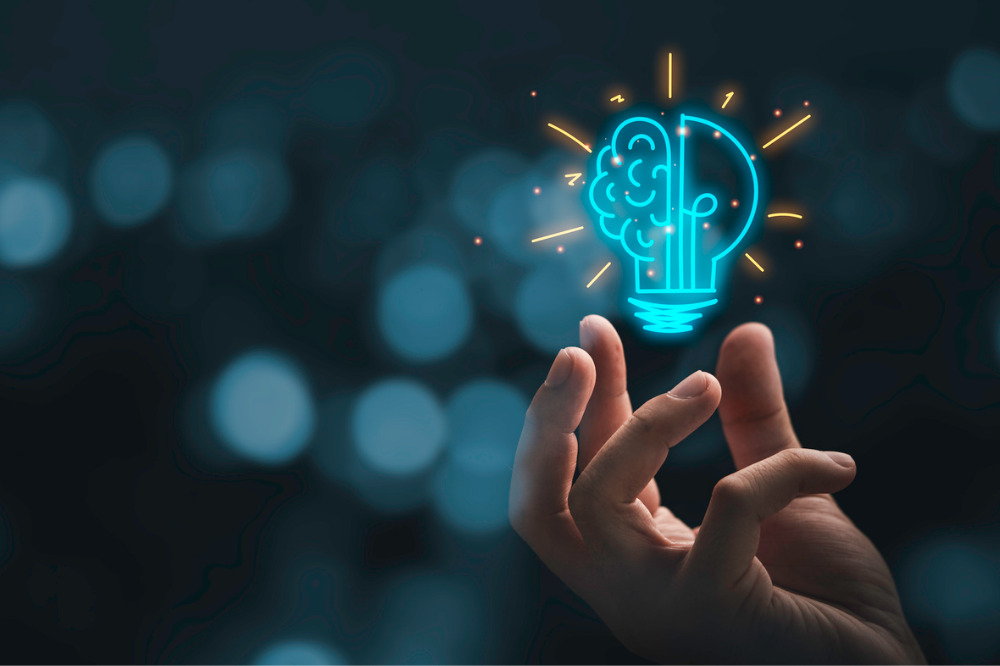EThere is a whole smorgasbord of social networks on the Internet, and not all are of equal value to our democracy. If you want to see pets fighting over a bouncy ball, go to Tiktok. If you want to know where your aging school friends are going on vacation, take a look at Facebook. However, if you want to know how military experts assess a rocket hit in Poland and how the defense experts of the traffic light coalition react to it and what information the capital’s press is currently following up on citizen income, take a look at Twitter.
American businessman Elon Musk’s interest in buying Twitter and his excitement about it can only be explained by the importance of Twitter for election campaigns and political discourse in all western democracies. It is the social network for decision-makers, experts and observers.
When Musk bought Twitter, he said it was “important for the future of civilization to have a common digital marketplace where different positions can be discussed in a healthy atmosphere, without violence.” The danger is that networks split into left and right echo chambers. With his purchase, Musk wanted to do something for democracy and the way societies negotiate their interests. His plan was to blow up echo chambers. People should not surround themselves with like-minded people, but with those who think differently.
What bothered him, for example, were the notes that Twitter used to warn of fake news, such as that of then-President Donald Trump. Musk called the decision to remove Trump from the platform in 2021 a “mistake”. It was often unclear what Musk actually wanted. It sounded like he was doing public relations for a local audience. He promised freedom to Republicans and moderation to Democrats. He said he wanted Twitter to become “by far the most accurate source of information.”
Verification chaos
So far, Musk has stumbled more than he has walked down this path. It all started when he made a takeover bid for Twitter shareholders in April. In July he said the deal was on hold. The reason Musk gave sounded fake, he said there were too many fake profiles on Twitter, which diminished the value of the company. It was more likely that Musk no longer wanted to buy Twitter because it was too expensive for him during the economic crisis. When Twitter sued him, he changed his mind and bought Twitter anyway. The reports have been going back and forth since then.
Musk fired thousands of Twitter employees, then changed his mind and hired many because they were essential. Musk promised great freedom of speech, but since he owned Twitter, thousands of profiles have been blocked and tweets that a computer program identified as hateful or abusive have been filtered out. Musk first said comedy was finally legal on Twitter, as if it had been banned before. Then pranksters on Twitter changed their name to Elon Musk and started tweeting nonsense. Musk immediately blocked their profiles.







